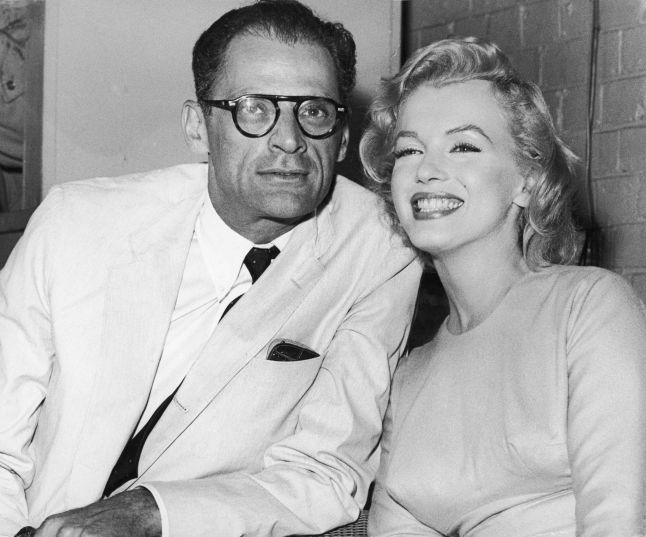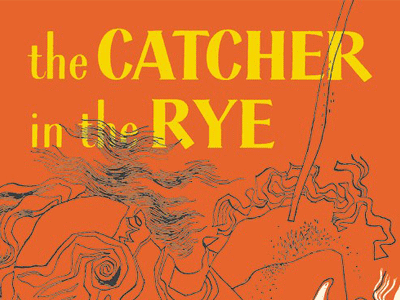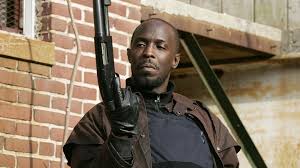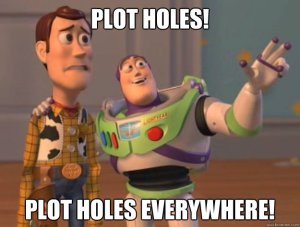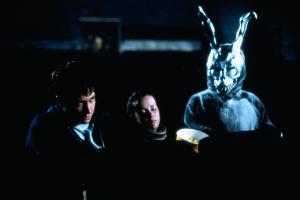The “tragicomedy” is an important genre that has re-emerged over the last decade, combining two specific elements: comedy and tragedy. It is significant to note that it isn’t purely tragedy as defined by playwrights, such as Shakespeare. While Shakespeare’s plays definitely had scenes that were comedic in nature, I’d argue that the tragicomedy actually leans more into the comedic than Shakespeare’s tragedies. They also tend to have a more grounded approach: think less witches and prophecies, more alcohol, drug-taking and inappropriate behaviour. I’m going to analyse two shows that I feel truly encapsulate the genre’s strengths and why I feel they both belong in the modern age of ground-breaking television.
Firstly, we begin with Fleabag. Phoebe Waller-Bridge, as far as I’m concerned, is a writing genius and a lot of what makes the show work is how well the narrative follows the protagonist’s consciousness. We see things through her eyes; the vulnerability that is inherently engrained within the scenes, due to the brutal honesty of her perception and what she tells us, makes her likable, even as she does things we wouldn’t necessarily agree with. This “warts and all” approach is how it weaves both humour and tragedy into its tale. Without spoiling anything, there are many instances where the matter-of-fact nature of how information is delivered creates reflections of pain from the protagonist and the characters around her. It manages to deliver humour and tragedy in not just the same scene but, sometimes, the same sentence. Waller-Bridge’s deft touch and excellent acting sell the character. It could, of course, simply be a comedy, but it would lack its heart – the overarching themes of grief, guilt and regret; the pursuit of wanting to be a better person. That theme leads us nicely onto the second show.
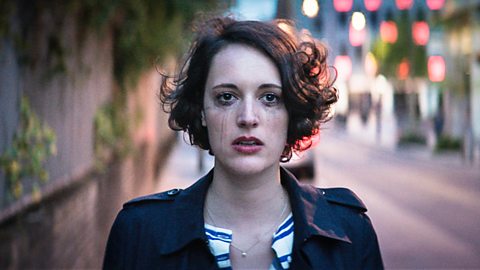
Bojack Horseman was one of the original Netflix shows that helped put it on the map and, given that the final set of episodes are coming out tomorrow, I thought it was an appropriate time to discuss why the show works so well. Similar to Fleabag, there are elements of the protagonist that are irredeemable. In this, both shows find strength from within – the natural arcs of both characters aren’t about making them fall in line with the moral guidelines of the audience, but simply to learn to live with what they’ve done. Bojack is an alcoholic narcissist who is constantly struggling with who he is and who is supposed to be. The comedy comes from his one-liners, his arrogance and his selfishness. The tragic aspects come from the same place in that he realises that these things are unhelpful, unbecoming aspects of his character to the people around him, but he is unclear how to change even though he seemingly wants to.
The theme of change in both shows is what makes the tragic and comedic aspects work so well. The humour simply comes from the debauched, degrading acts they do and things the characters say. It provides an important element of escapism for the audience, in the same way that Hugh Laurie’s character in House does. It revels in the inappropriate, in the ‘I-can’t-believe-you-just-said-that’ shock value that, along with smart writing, can create some hilarious scenes. These flaws, the aspects that audience laugh at, are also the character’s biggest weaknesses and the ones they struggle with. They are classic defence mechanisms; childish, immature acts designed to fulfil themselves so they don’t have to think of the guilt lurking underneath. The tragedy comes from how difficult it is to change – again, something identifiable, something the audience can grasp and relate to. Season 2 of Fleabag is particularly relevant here; the entire arc of the season is the protagonist actually attempting something that seemed completely alien to her before: seeking some form of redemption in the arms of a particularly dashing priest. The disfunction within the protagonists of both shows is what initially hooks us in, but it’s the depth shown through the dramatic elements that really make us relate to the very human need of wanting to better yourself.
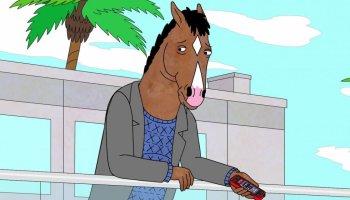
Why the tragicomedy is particularly relevant to the modern setting can be shown in the tone of both shows. In Bojack, one of the main targets of its satire is the frivolous, fickle world of social media. In a world where anyone can find out anything about a celebrity, many of the show’s side characters only care about the public perception of Bojack. The show peels back the media image to show that there are many other layers beneath the character that the fickle world would be horrified by. Similar to Fleabag – in a society where everything can be exposed, the writers of both shows seem to be asking: why wouldn’t we show you everything? These shows couldn’t have existed even twenty years ago because the idea of the self has never been so potentially detached from the world around it. Bojack wants to be seen as a success, as the star of a highly successful sitcom, but, underneath it all, he is still miserable. Self-reflection for the characters is the only way for them to grow and, in having a society that only wants the juiciest gossip, the present and now, Bojack’s journey shows that it is harder to hide and process the sense of unfulfillment. If they are to change at all, it will be a gradual one because it is a constantly ongoing battle.
Both of the shows highlighted above are largely comedic endeavours, but one of the things that make them special is the way they delve into the protagonist’s psychology. The pain, the craving to heal, to redeem oneself, are powerful motivators and it is arguably only through adding tragic elements that these themes would be able to be explored at all. The genre feels more relevant now because of the brutal honesty of what the characters show us and what the programs are willing to depict. These aspects accentuate the difficulty of living in modern society – all exposure, no privacy. Whether it is Fleabag’s breaking of the fourth wall, or how we see Bojack’s drug trips, in giving us greater access and intimacy to the characters, it sells both the comedy and tragedy to a greater extent. Just look at another excellent show that falls into the same category: Barry, about a hitman that also wants to be a stage actor. Again, it is all about the internal process of wanting to be a better person, of trying to face the truly horrific things you’ve done. For tragicomedy to work, it needs to be unflinching – whether you want to laugh or cry at the scenes being depicted, in showing them to you, the comedy and drama highlight the two essential aspects of the human experience: the pain we suffer and the hope, the need, to feel that we can change and progress from what it’s done to us.
